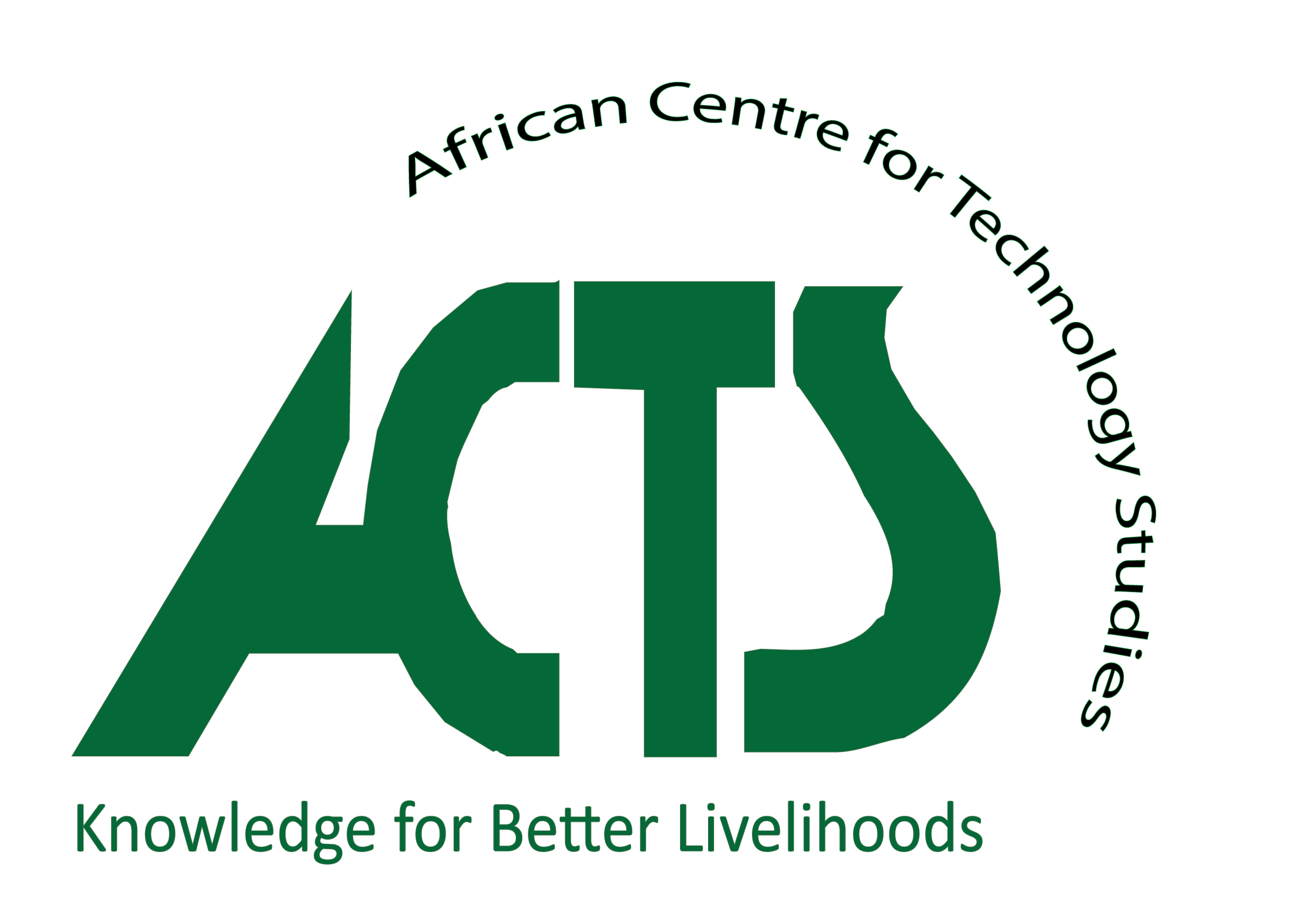Authors: Monroe Dikiny, Maureen Kabasa, Joel Onyango
In matters of climate and action, Africa is making great strides towards combating climate change. However, two years after COVID-19, Africa is still experiencing adverse effects of the pandemic characterized by economic decline.. Hence, working with various stakeholders to combat these effects and achieve a sustainable climate change agenda should be the focus of many countries.
Africa recently held an African Climate Change summit from the 4th to the 6th of September 2023, in Nairobi; and some of the declarations and calls to action by high-profile African leaders were dedicated towards combating climate change. It emerged that Africa is not historically responsible for global warming but bears the brunt of its effect, affecting lives, livelihoods, and economies.
In retrospect, this special session issued a series of pronouncements aimed at reducing the negative effects of climate change. Among these declarations were:
- Recognition that African countries face disproportionate burdens and risks arising from climate change-related, unpredictable weather patterns, including prolonged droughts, devastating floods, and wild/forest fires, which cause massive humanitarian crises.
- Acknowledgement that climate change is the single biggest threat to all life on Earth. It demands urgent and concerted action from all nations to lower greenhouse gas emissions.
- Recalled that only seven years remain to achieve the Sustainable Development Goals (SDGs).
- It was emphasized that Africa has the youngest and most motivated workforce, as well as undeveloped renewable energy and natural resources. This has the potential to drive climate-positive routes in order to ensure global sustainability.
- Recognition of the importance of oceans in climate action, biodiversity, and sustainable development in Africa and the world at large.
- Reiterated Africa's willingness to establish an enabling environment, enact legislation, and enable investments essential in tapping unused resources.
As mentioned above, climate change is a matter of immense concern, and with a limited time, the African Centre for Technology Studies (ACTS), has taken up the initiative to promote climate change education and knowledge for better livelihoods. This is championed through the Climate Resilient Economies (CRE) programme.
With the advantage of a young motivated workforce, the program through ACTS Pathways Academy is dedicated to educating academicians, researchers, experts, policy makers, and professionals on ways of mitigating climate change risks, negotiation, and adaptation. One of the courses of interest under the program is Climate policy and Leadership which strives to build the capacity of individuals to participate in international climate negotiations and influence national policy. The course aims to increase African leaders' participation in global climate governance. This is done in order to increase African leaders' participation in global climate governance.
The AfDB president clarified that the only way to mitigate climate change is through finance and more finance. Stakeholders learn financial instruments and mechanisms. This is boosted by a Grant Writing short course offered to help Africans win grants and raise funds geared toward sustainable development
It is also critical for climate experts to grasp Climate Modelling in order to make better decisions. A short course on Science Communication is also available, which trains stakeholders on how to communicate about climate change. This is essential for negotiators and leaders since communication is defined by what is heard rather than what is spoken. You can enjoy a rich menu of courses by visiting ACTS website.
We urge stakeholders to join ACTS Pathways Academy through course enrolment, subscriptions, and registration at www.acts-net.org; actively participate in our climate change forums, webinars, and seminars; and promote and embrace climate change education.


